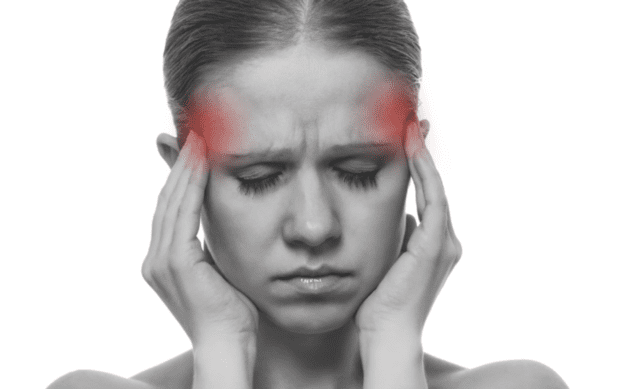B1 – Intermediate
For centuries, people have been wondering and debating about hypnosis. Science has yet to fully explain how it actually works. But nowadays, more and more people are turning to this method to cure various ailments. But does it really work?
Read the article to find out more about this alternative treatment
This is how it works.
The patient settles into a chair. She stretches her feet onto an ottoman.
In a soothing voice, the doctor says, “I’m going to count from one to three, and as I count, your eyelids will get heavy. They will close whenever it feels right.”
The patient relaxes each part of her body. The doctor guides her to “a place of rest and comfort and healing.”
She tells the patient, “Enjoy the beauty of this natural, healing place. And as you do, something very powerful and healthy and positive is taking place deep inside your body. Your body knows what it needs to maintain healing your gut. It knows how to keep pleasant sensations in. How to avoid pain and discomfort.”
This is hypnotherapy. Patients enter a trance-like state. They experience relaxation and visual images. Medical centers are now using hypnotherapy. The purpose is to treat gastrointestinal (GI) disorders. GI disorders include digestive conditions such as acid reflux, irritable bowel syndrome (IBS) and ulcerative colitis.
The treatment usually is about seven sessions scheduled over a three-month period. People practice at home between sessions. Studies show the treatment works in more than half of patients. Treatment outcomes can last more than a year.
A doctor said, “Some patients get a little uneasy about the word ‘hypnosis.’ It brings up images of some guy in Vegas making you bark like a dog. It takes some education to explain to them.”
The doctor says about one-third of patients are open to trying hypnosis.
Faulty signals between the brain and the gut cause the body to have a bad reaction. It results in internal pain. Why does hypnosis work? Because it shifts the brain’s attention away from those signals. Hypnotherapy provides healthy suggestions about what is going on in the gut.
The problem does not go away. The GI tract is still upset. But the patient does not feel the pain in the same way. It is less intense.
Hypnosis works well on IBS patients. There are few treatments for IBS. Hypnosis has become a major treatment. A doctor said, “It sounds crazy, but we have been having great success with hypnotherapy.”
A patient says hypnotherapy helped rid him of pain in his abdomen. His doctor told him that his diagnosis of IBS was incorrect. The real problem was related to his brain.
The patient thought he had nothing to lose. Nothing else had helped him for two years. The pain disappeared in fewer than ten sessions. He said, “Sometimes it creeps back a little, and I just do one or two [home] sessions and it goes away.”.
Hypnosis is now an accepted treatment for some medical conditions. Most insurances cover it. Medical centers all over the country are using it.
Source: The Wall Street Journal
Discussion Questions:
- What is hypnosis? Explain how it is done.
- What is your opinion about this treatment?
- Talk about its positives and negatives.
- Would you try it out yourself? Tell us why or why not.
- Share about other things you know about hypnosis.
